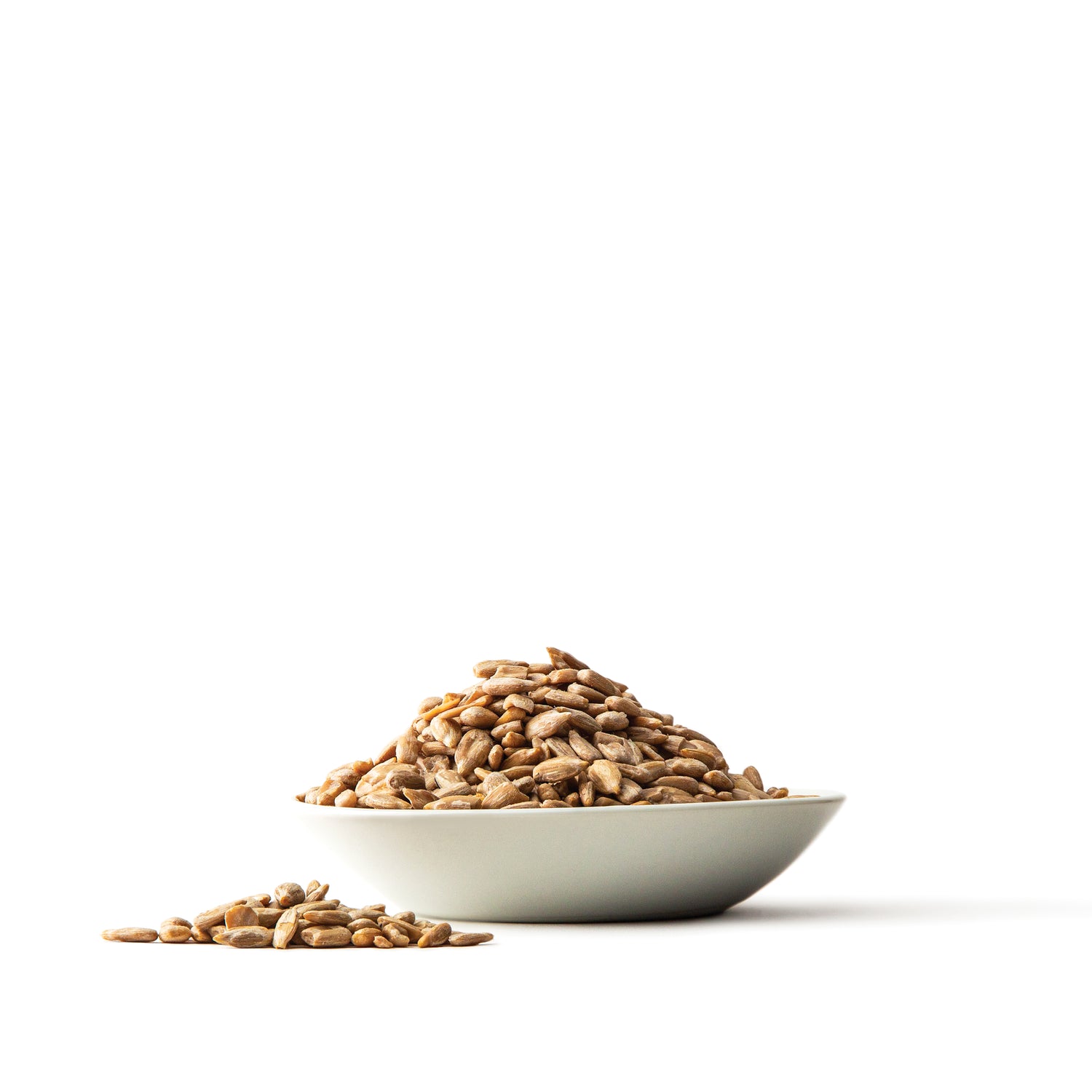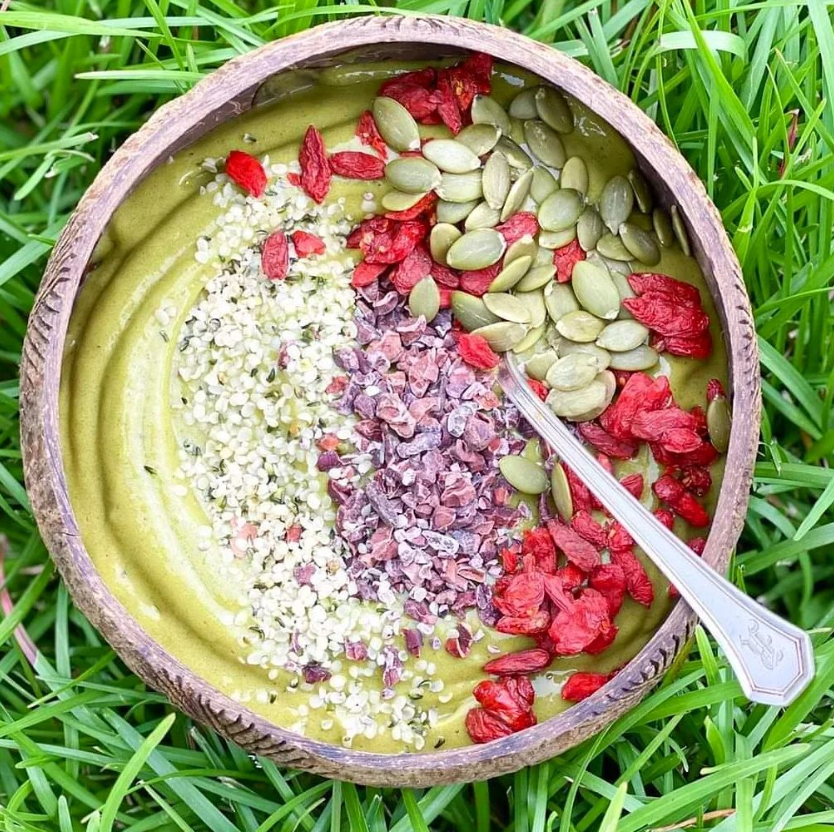Houseplants have always been a staple in households worldwide. They offer a host of benefits, from air purification to a food source. Houseplants may seem daunting to some, but caring for them isn't too challenging. Especially in the kitchen, no green thumbs are necessary to grow a thriving herb garden.
While buying herbs and spices from the grocery store is a viable option, growing them at home has its benefits. At home, no chemicals, pesticides, or artificial fertilizers come into contact with the plant without the grower’s knowledge. They grow naturally and safely. They are also much fresher, and there are no preservatives when herbs are grown at home.
Secondly, home-grown herbs are more cost-effective. There is no risk of waste, as you can trim what you need from the plant and allow the rest to keep growing. Most often, you need only buy seeds or a sprout to grow a plant that will produce copious amounts of edible herbs. With store-bought herbs, you must buy them again and again as you run out. If the plant is properly cared for, it will produce a new harvest for years to come.
Fresh herbs also taste better than their bottled counterparts. The flavor of herbs is dulled and degraded in mass-produced seasonings. At home, those herbs retain all the natural, potent flavor as there is less time between harvest and plating the food. By using them fresh, the flavors will be much richer and more vibrant.
The question left is where to start. You may have limited space or time for gardening, especially outdoors. That is not to worry with a kitchen herb garden. These can be grown indoors so long as there is a sunny window nearby. You could use flower pots or planters, but even mason jars or recycled milk cartons work perfectly. Each plant has its own needs and flavor profile, so choose the ones that are right for your style of cooking.
Some of the most common kitchen herbs are mint, rosemary, cilantro, dill, and basil. All of these require full sun and moist soil with good drainage. These properties make them easy to plant side by side. Mint has a tendency to spread quickly, so keeping it in a container of its own may help. So long as they are not overwatered, these herbs will grow well in a sunny windowsill with little maintenance.
Other options include rosemary, parsley, oregano, and sage. These may be a little trickier to cultivate, but it is still doable for people with limited experience. These plants all require full to partial sun so they can grow on that same sunny windowsill. They also like to be kept moist but not overwatered, so the same watering schedule should work. Simply feel the soil to be sure it is not overly wet or muddy. If it is, give it a little extra time to dry out before the next watering.
Houseplants of any sort offer phenomenal health benefits. Through photosynthesis, plants give off oxygen, some more than others. Some plants even purify the air, pulling toxins out and putting oxygen back in. This natural process improves the air quality, helping you to feel energized, clear of mind and body, and improves sleep.
Try growing a few of these kitchen herbs in your home and see how your cooking and even your air can improve. You can cultivate an entire herb garden right on your windowsill and never need to buy herbs from the store again. No green thumb required. Happy gardening!
Research
https://www.thekitchn.com/everything-you-need-to-know-about-growing-mint-220865
https://www.thekitchn.com/everything-you-need-to-know-about-growing-parsley-221274






